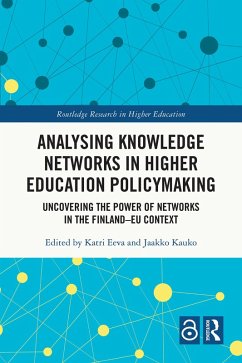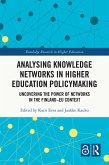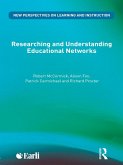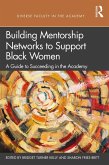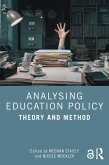Building on existing literature and robust empirical work to focus on EU-Finland knowledge networks, the book develops a novel methodological approach that combines social network analysis, network ethnography, interviews, and observation data to capture how networks can significantly affect the way higher education is governed. Understanding how policy is shaped through knowledge networks is crucial as the EU faces political challenges to its cohesion from internal and external pressures through authoritarian and populist ideologies. This book represents a critical starting point for considering how to theorise, understand, and question the interdependence of knowledge and policy.
The topical book will be of interest to scholars, researchers, and postgraduate students involved with education policy and politics, higher education studies, and international and comparative education more broadly.
Dieser Download kann aus rechtlichen Gründen nur mit Rechnungsadresse in A, B, BG, CY, CZ, D, DK, EW, E, FIN, F, GR, HR, H, IRL, I, LT, L, LR, M, NL, PL, P, R, S, SLO, SK ausgeliefert werden.

